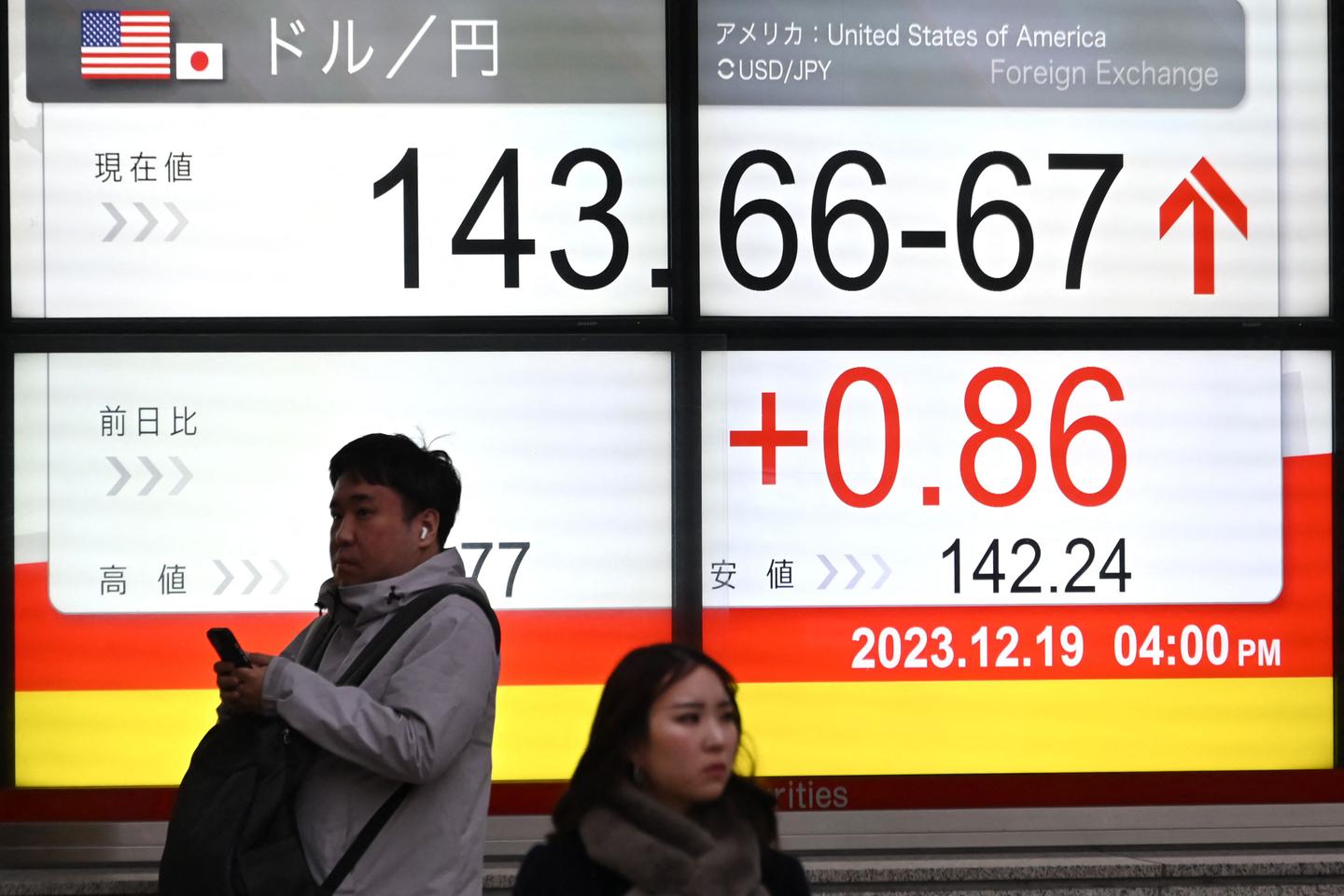


After more than two decades of moderate deflation (prices fell by an average of 0.5% per year), Japan is experiencing the return of inflation, like all OECD countries, albeit at a much lower level (around 2%, compared with around 5.5% in France since April 2022). In the Japanese context, this is good news – for macroeconomic equilibrium, less so for individual consumers – since the 2% inflation target had been at the heart of monetary policy objectives since the early 2000s.
But this return has consequences for public debt, which is now equivalent to over 250% of gross domestic product in Japan, compared with around 110% in France and 66% in Germany. Against this backdrop, how should economic policies evolve? Should the Bank of Japan (BoJ) end its ultra-loose monetary policy? Should the Japanese government embark on a process of fiscal consolidation?
These questions were at the heart of a conference organized in Tokyo on Monday, December 11, by the Canon Institute for Global Studies in collaboration with the Banque de France, "Inflation and public debt dynamics in a new environment: EU-Japan perspectives," at which Japanese and French economists and policymakers debated these issues.
Over 90% of debt held by domestic actors
Since the economic slowdown of the early 1990s, Japan has racked up public deficits, leading to a record level of debt. But, unlike France, over 90% of this debt is held by domestic actors. Today, it is the Bank of Japan (BoJ) that owns more than 50% of it, after a decade of the most flexible monetary policy that has seen the BoJ finance the issuance of this debt.
This raises a problem identified by Waseda University economics professor Junko Koeda: The return of inflation will eventually be accompanied by a rise in interest rates, leading to an increase in the debt burden. The BoJ and the Japanese government therefore have linked destinies. In particular, the BoJ has contributed to debt sustainability, even though in theory its mandate is limited to price stability.
But the key, as Takeo Hoshi from the University of Tokyo pointed out, is the relationship between the interest rate r, which determines the cost of new debt issues, and the growth rate g, which impacts tax revenues. When r-g is negative, as has been the case in Japan for over 20 years, there is no problem of debt sustainability.
What lessons can be drawn for France and Europe?
But this is no longer the case. And since increasing the growth rate is far more difficult and unpredictable to achieve than keeping interest rates low, it's easy to understand the BoJ's current dilemma when it comes to deciding whether or not to raise interest rates. What lessons can be drawn for France and Europe?
You have 25% of this article left to read. The rest is for subscribers only.
